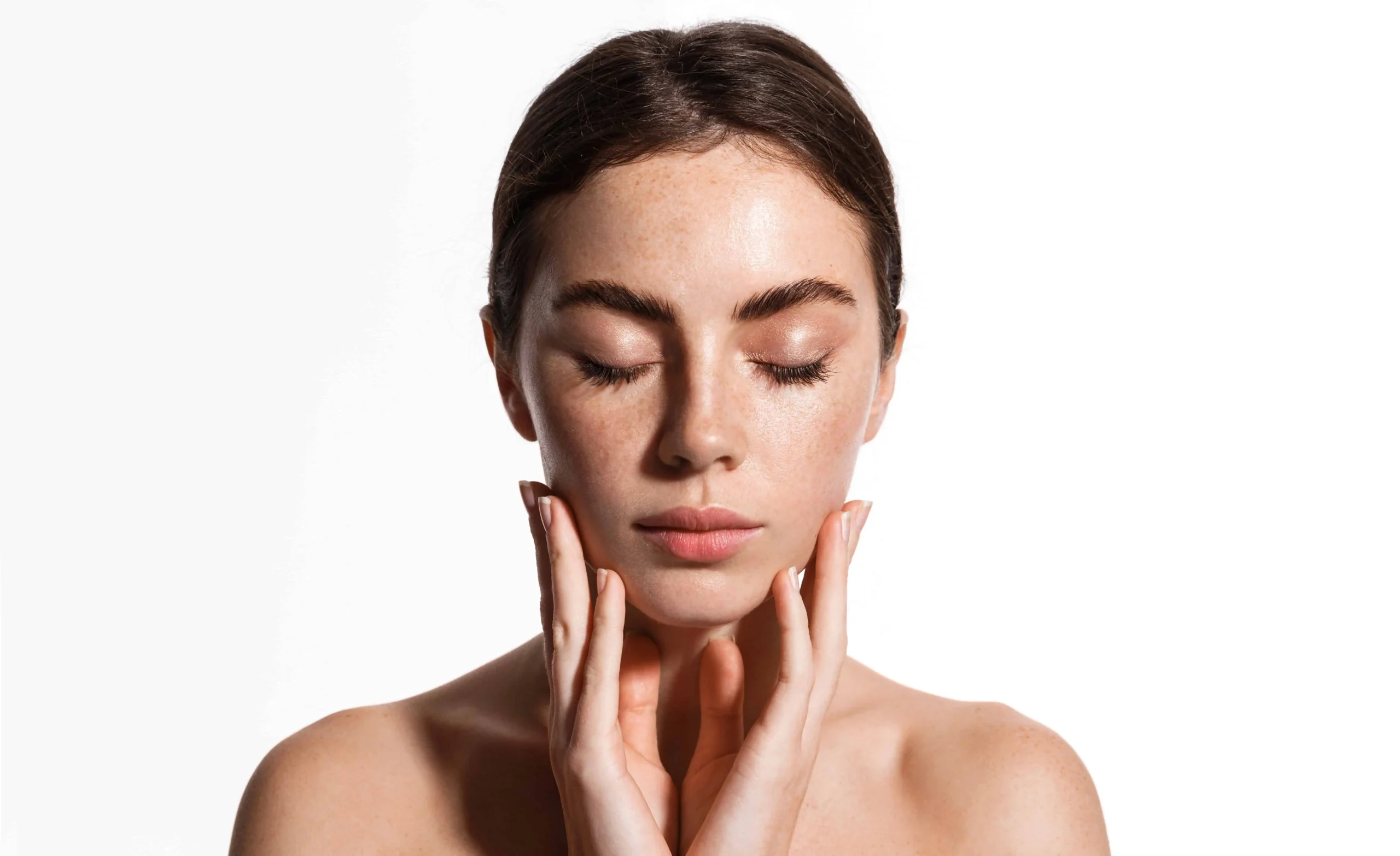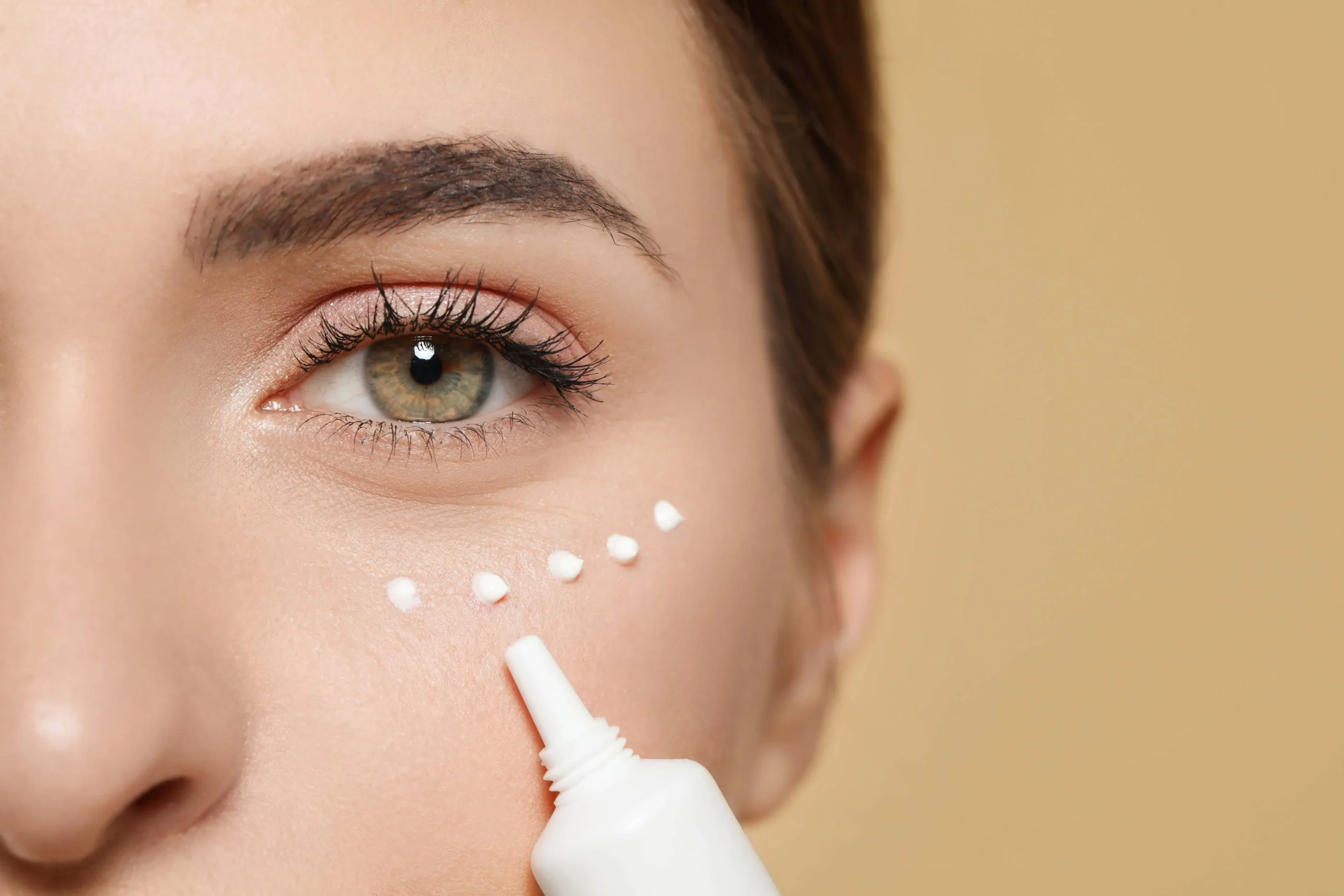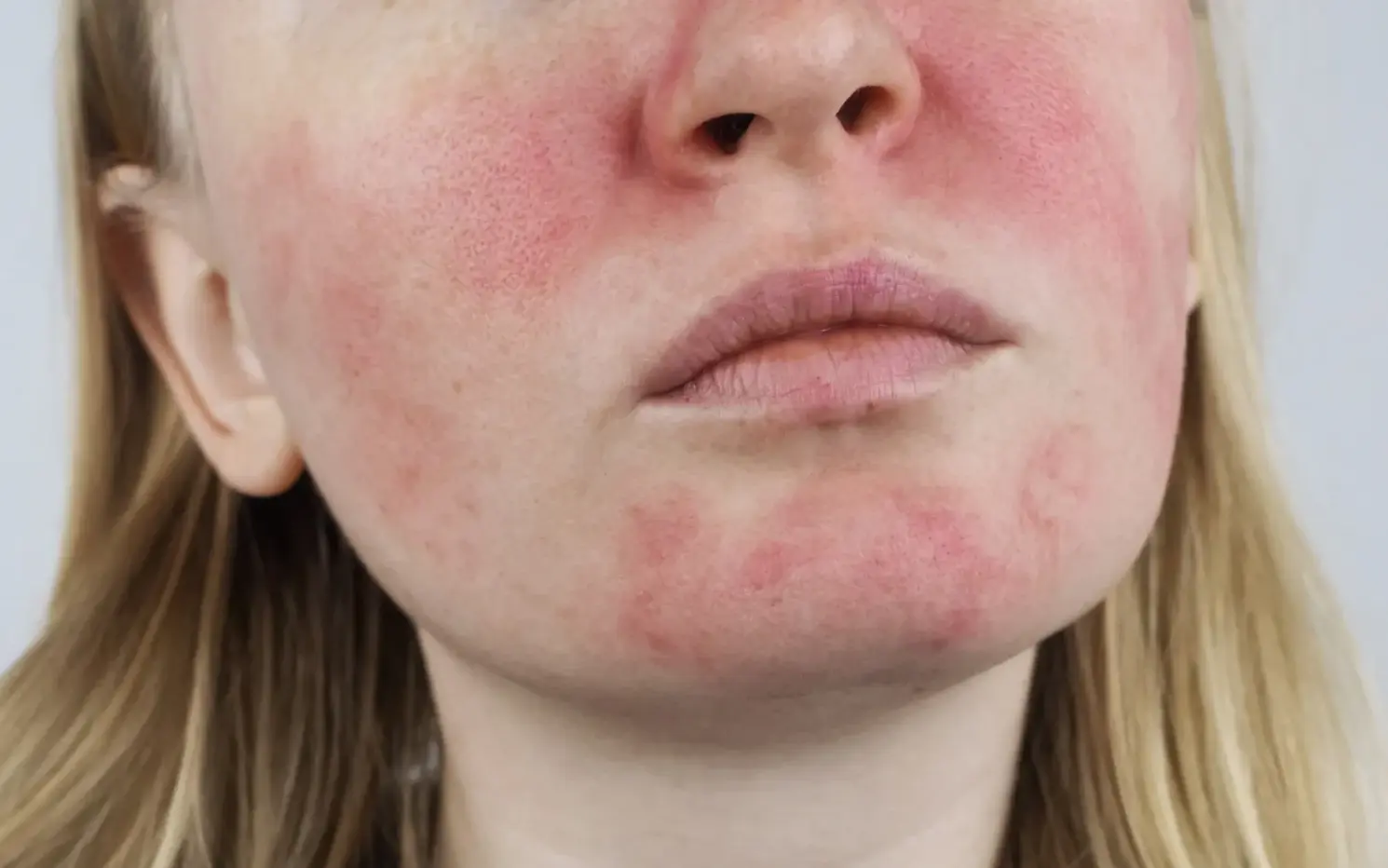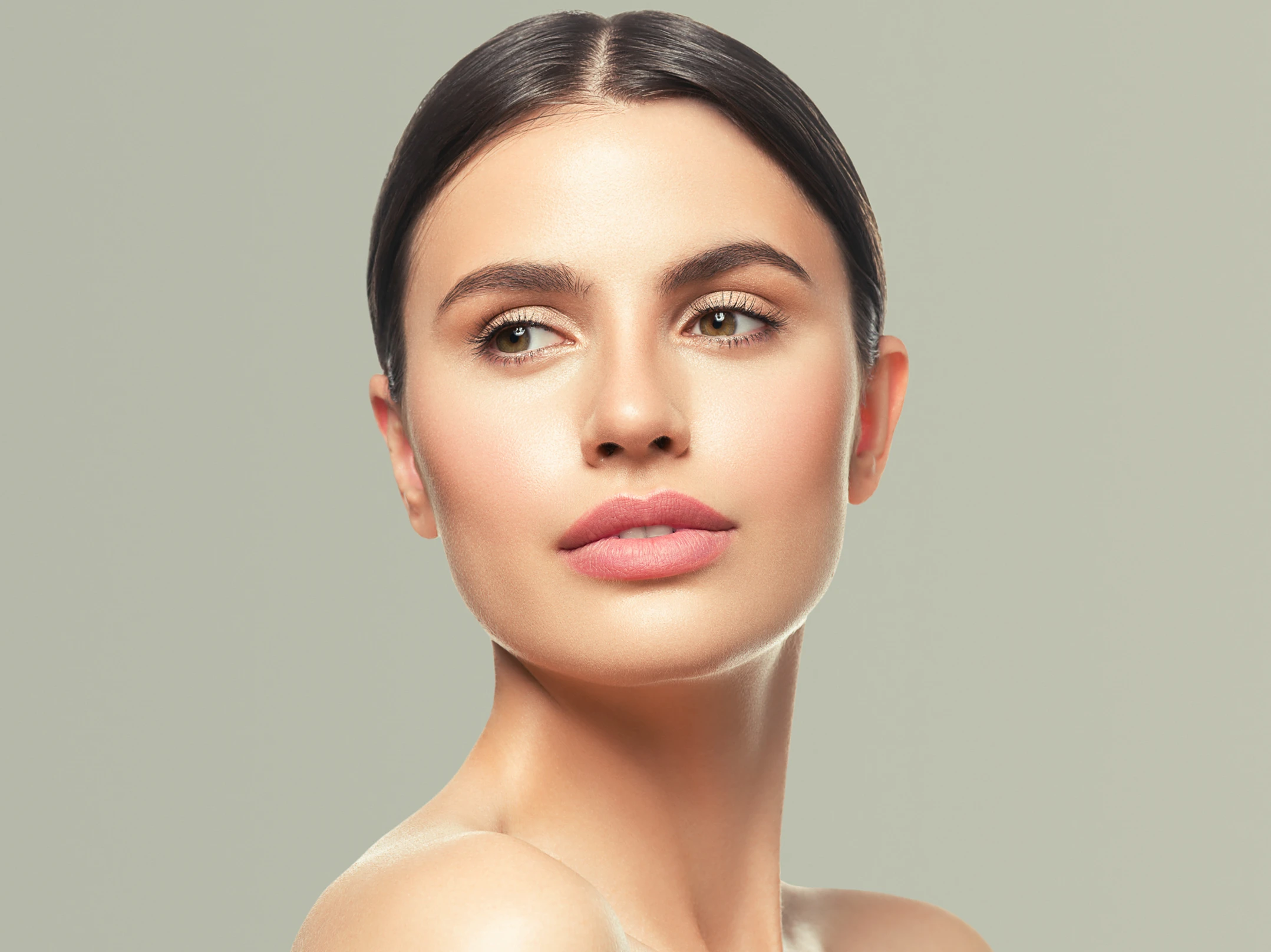Navigating the world of skincare can be overwhelming, especially when faced with a sea of jargon that seems designed to confuse rather than clarify. Terms like “non-comedogenic,” “hypoallergenic,” and “dermatologist-tested” are frequently used on product labels and in marketing materials, but what do they really mean? In this blog post, we’ll demystify some common skincare terms to help you make more informed choices about the products you use.
1. Non-Comedogenic
What It Means:
Non-comedogenic means that the product is made to not block or clog pores. The term is derived from “comedone,” which is a type of acne lesion (blackheads and whiteheads) that results from clogged pores.
Why It Matters:
If you’re prone to acne or have oily skin, using non-comedogenic products can help reduce the risk of breakouts. These products are specially designed to avoid ingredients that might block pores or exacerbate existing acne.
Look For:
Non-comedogenic products are often labeled as such, but it’s also helpful to check the ingredient list for known pore-cloggers like certain silicones and heavy oils.
2. Hypoallergenic
What It Means:
Hypoallergenic means that a product is formulated to minimize the risk of causing an allergic reaction. It doesn’t guarantee that no one will have an allergy, but it indicates that the product is less likely to contain common allergens.
Why It Matters:
If you have sensitive skin or are prone to allergies, hypoallergenic products may be a safer choice. However, it’s important to remember that “hypoallergenic” is not a regulated term, so it can vary in its meaning between brands.
Look For:
Products labeled as hypoallergenic usually contain fewer potential allergens and irritants. Always check the ingredient list and perform a patch test to ensure the product is suitable for your skin.
3. Dermatologist-Tested
What It Means:
Dermatologist-tested means that the product has been evaluated by a dermatologist. This doesn’t necessarily mean it has been clinically proven to be effective or safe for everyone, but it does suggest that a skin care professional has reviewed the product’s formulation.
Why It Matters:
This label can provide some reassurance that the product has undergone professional scrutiny. However, it’s important to look for more detailed information about the testing, such as whether it was conducted under controlled conditions or just in a dermatology office.
Look For:
While “dermatologist-tested” can be a positive indicator, look for additional evidence of the product’s efficacy and safety, such as clinical trials or studies.
4. Paraben-Free
What It Means:
Parabens are a type of preservative used in cosmetics that inhibit bacterial growth. A paraben-free product does not contain these preservatives.
Why It Matters:
There has been controversy and concern over parabens due to potential links to hormone disruption, though research is ongoing. Many people choose paraben-free products as a precaution.
Look For:
Look for common parabens in the ingredients list like methylparaben, ethylparaben, propylparaben, and butylparaben. Note that “paraben-free” doesn’t necessarily mean the product is free of other preservatives.
5. Fragrance-Free vs. Unscented
What It Means:
Fragrance-free products do not contain added fragrances, while unscented products may still have masking fragrances that are not intended to be noticeable but could still cause irritation.
Why It Matters:
Fragrance can be a common irritant or allergen for sensitive skin. Fragrance-free products are formulated without any added fragrances, making them a better choice for those with sensitive or reactive skin.
Look For:
If you have sensitive skin or allergies, opt for products specifically labeled as “fragrance-free.” Be cautious with “unscented” products, as they might still contain fragrance components.
6. Comedogenic vs. Non-Comedogenic
What It Means:
Comedogenic products are those that are likely to clog pores and may contribute to acne. Non-comedogenic products, as discussed earlier, are designed to avoid this.
Why It Matters:
Understanding whether a product is comedogenic or non-comedogenic can help manage acne-prone or oily skin. Using non-comedogenic products can help reduce the risk of breakouts.
Look For:
Check product labels for the term “non-comedogenic” or review ingredient lists for pore-clogging ingredients if you have acne-prone skin.
7. Vegan and Cruelty-Free
What It Means:
● Vegan: Vegan products do not contain animal-derived ingredients.
● Cruelty-Free: Cruelty-free products are not tested on animals during development.
Why It Matters:
These terms appeal to those who are concerned about animal welfare and ethical product development. Vegan products ensure no animal-derived ingredients, while cruelty-free products guarantee no animal testing.
Look For:
Products labeled as vegan or cruelty-free. Additionally, check for certifications from reputable organizations like Leaping Bunny or PETA.
8. pH-Balanced
What It Means:
pH-balanced products are formulated to match the skin’s natural pH level, which is typically around 4.5 to 5.5.
Why It Matters:
Using products that are pH-balanced helps maintain the skin’s natural acid mantle, which is essential for protecting against bacteria and environmental stressors.
Look For:
Products labeled as pH-balanced, especially if you have sensitive or reactive skin. Ensure that the product does not disrupt your skin’s natural balance.
Conclusion
Understanding skincare jargon can help you make more informed choices and find products that best suit your skin’s needs. Terms like “non-comedogenic,” “hypoallergenic,” and “dermatologist-tested” provide valuable information about the product’s formulation and potential effects on your skin. Always remember to consider your skin type and concerns when selecting products, and don’t hesitate to seek professional advice if you have specific skin issues or allergies. With this knowledge, you’ll be better equipped to navigate the world of skincare and achieve healthier, more radiant skin.





